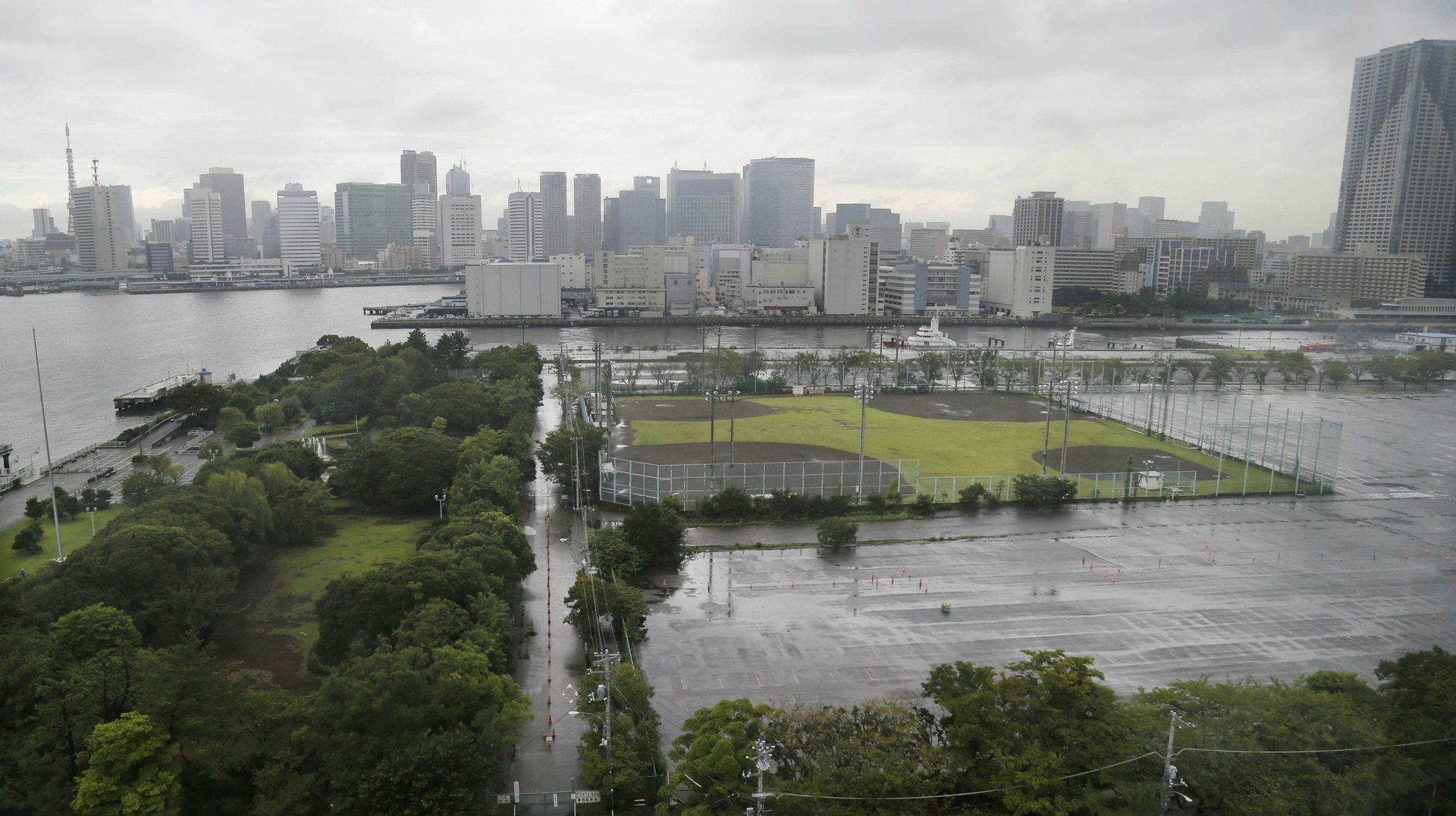Tokyo elected a pro-nuke governor by a landslide, just three years after Fukushima
The landslide gubernatorial victory of the outspoken former health minister Yoichi Masuzoe, a former health minister who supports restarting Japan’s nuclear power industry, comes less than three years after the Fukushima meltdown that is considered the worst nuclear accident since the Chernobyl disaster. Since the meltdown, Japan nuclear reactors have been shut down and Fukushima’s owners have grappled with a series of additional accidents and missteps, prompting widespread public opposition to nuclear power.


The landslide gubernatorial victory of the outspoken former health minister Yoichi Masuzoe, a former health minister who supports restarting Japan’s nuclear power industry, comes less than three years after the Fukushima meltdown that is considered the worst nuclear accident since the Chernobyl disaster. Since the meltdown, Japan nuclear reactors have been shut down and Fukushima’s owners have grappled with a series of additional accidents and missteps, prompting widespread public opposition to nuclear power.
The anti-nuclear vote was largely split by two other candidates, but even if it hadn’t been, Masuzoe would have triumphed: he received 2.1 million votes, followed by Kenji Utsunomiya with 982,594 votes and Morihiro Hosokawa with 956,063 votes. Masuzoe’s campaign downplayed questions about nuclear power in favor of issues like education and the capitalizing on the city’s winning bid to host the 2020 Olympics.
Polls on Sunday showed voters in Tokyo were focused mostly on social programs and the economy, with the environment and nuclear power a distant third.
Masuzoe’s victory is also sure to distress women’s rights groups in Tokyo, who were opposed to his election (link in Japanese) because of his history of inflammatory statements, such as saying women can’t be effective leaders because they menstruate. A group of Japanese Twitter users threatened a “sex boycott” against any men who voted for Masuzoe. Japan’s national government is struggling to get more women in the workforce, which could add 9% to 15% to the country’s GDP, but the efforts have been stymied by persistent hiring discrimination and lack of child care services.